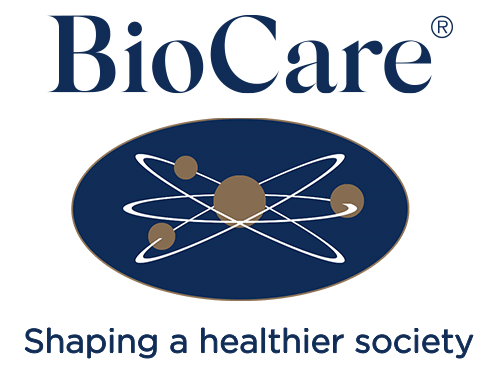
HIGH SUGAR? – 9 THINGS YOU SHOULD KNOW
Share
Historically, simple sugar has been associated with the easiest and fastest way to generate energy for our body. If we feel tired or sleepy, we choose without thinking about consuming a sugary soft drink or a sweet snack to boost our energy. But the reality is that we are causing the opposite, a high level of blood sugar generates a greater feeling of tiredness within a few minutes, it will increase the chances of gaining weight, the aging of body cells and is the beginning of many cardiovascular diseases such as obesity, insulin resistance and type 2 diabetes. Let's see why.
Energy
Sugar moves from the digestive system into the blood very quickly, creating a flood of glucose. The body reacts by releasing insulin just as quickly in order to metabolize sugar. The effect on you is an immediate energy boost quickly followed by a drastic drop in this energy. So, it is here, where we will seek to eat sugar again and the cycle continues.
Weight gain
The act of eating more and more sugar to combat fatigue can quickly cause weight gain. If sugar is not used for energy, the body will first store this sugar as glycogen in the muscles and liver. Once these become saturated, the extra glucose is converted to fat and stored throughout the body (body fat).
Diabetes
The process of converting glucose into energy requires the hormone insulin, so every time we eat sugar the pancreas releases insulin. If your blood sugar level rises regularly, the burden of producing all the extra insulin can cause the cells to become resistant, leading to the blood remaining constantly high in glucose and this is the beginning of the development of diseases. chronic diseases such as type 2 diabetes.
Aging
High blood sugar levels lead to a process called glycation, where glucose attaches to proteins in the blood. Glycation creates by-products that damage cell membranes and cause inflammation, effectively aging the body's cells.
Therefore, it is clear that maintaining low and stable blood sugar levels is vital to boosting our health and helps control our weight, but avoiding foods high in glucose can be a challenge.

What measures can we take?
Adapt your diet
The first thing is to always avoid foods with high sugar content such as chocolate, cookies, sweets, white bread, pasta and rice. Processed foods and sauces also tend to have a high sugar content (always check the labels before consuming them), therefore, try to eat as natural and real a diet as possible based on quality fats, proteins, seeds, fiber and vegetables. . In the chaos of fruit, although it provides us with nutrients and is a real food, it generally also contains a lot of sugar in the form of fructose, therefore, every time you consume fruit it is recommended to accompany it with foods rich in natural fat such as nuts or almonds, prefer red fruits and control portions.
Gut health
Adding resistant starch to the diet improves the quality of the intestinal microbiota (flora), which in turn improves glucose metabolism. This is because resistant starch cannot be broken down in the small intestine and travels intact to the colon. A good way to administer resistant starch to our diet is the prebiotic fiber FOS (Fructooligosaccharides) which is present in vegetables such as chicory, garlic, asparagus, onion, we also find resistant starch in certain fruits, seeds and green bananas.
Avoid stress
When stressed, the body releases the hormone called cortisol. Cortisol's job is to give you the energy to deal with a stressful situation, so it takes advantage of your protein and fat reserves and creates glucose from them. This will be great if we need to run unexpectedly to catch the bus, but if you don't convert sugar into energy, it will remain in your bloodstream with the same consequences as a sugary food.
Stay active
Daily exercise or movement and staying active is the best way to use blood glucose, therefore, it is very important to seek movement in our lives.
Incorporates key nutrients
There are key nutrients that offer special support in blood sugar management. Chromium helps maintain adequate blood sugar levels and the efficient functioning of insulin by acting directly on cell receptors. Cinnamon mimics insulin and slows the movement of sugar into the bloodstream. Manganese helps convert sugar into energy and Magnesium helps regulate insulin to prevent blood sugar levels from altering excessively. In addition, a magnesium deficiency has been demonstrated in those who suffer from Diabetes.
